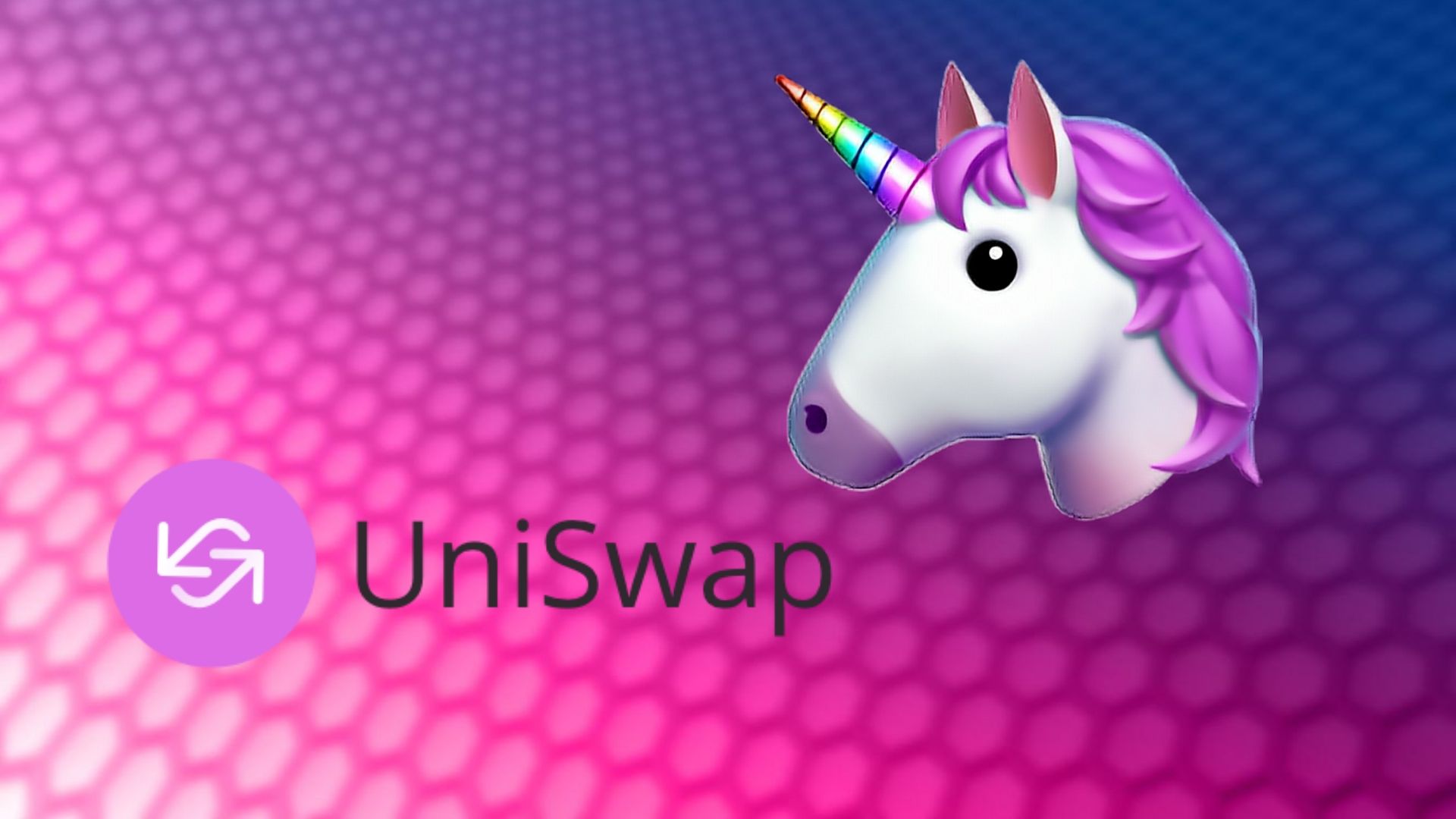
Coinposters
Uniswap Banned 253 Crypto Addresses Tied To Sanctions

During the previous four months of collaboration with blockchain analytics startup TRM Labs, decentralized exchange Uniswap has banned 253 crypto addresses. It was the first time Uniswap publicly disclosed wallet blacklisting information.
The majority of addresses were prohibited due to ties to stolen funds or organizations that mix transactions, including Tornado Cash, which was recently sanctioned by the US Treasury.
Banteg, a key developer for Yearn Finance, uploaded the data to Twitter and GitHub, identifying Uniswap software engineer Jordan Frankfurt as the source. If we get feedback from Frankfurt and Uniswap, we will update this page.
Code that runs on the blockchain and can be seen by anybody; a front-end website that allows users to interact with the code; and a corporation located in the United States that produces the protocol and operates the front-end website. Front-end crypto addresses are prevented from being sent.
Uniswap and TRM Labs partnered together in April. TRM Labs obtains the user’s address and gives it a risk rating when they engage with the Uniswap website.
Frankfurt’s comments on GitHub indicate that Uniswap first blocked addresses that were indirectly tied to sanctioned addresses, but has lately toned it down. Now, it only bans addresses that have been authorized or that have actually received stolen or compromised funds.
A diagram published on GitHub illustrates the seven categories of illegal behavior that TRM Labs looks for when examining addresses. The four primary types that are commonly identified are: stolen money, funds from a transaction mixer, sanctioned addresses, and funds from a recognized scam. The final three categories consist of funds used to fuel terrorism, funds from identified hacker organizations, and documents pertaining to child sexual abuse.
Banteg reports that 30 of the addresses were associated with ENS identities in order to facilitate the delivery of bitcoin payments to these wallets. According to Banteg, the bulk of them were likely authorized users.
Latest
News
03 Feb 2026












